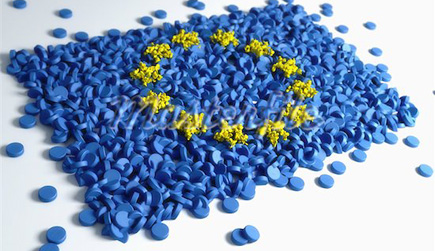Real decriminalization efforts are still lagging behind in Europe because of foot-dragging on the part of member states, Drugreporter learned at a Brussels conference dedicated to the EU's next drug strategy.
The EU was until recently deeply divided when it came to the issue of dealing with illicit drugs. At the same time, the European Union's soft power approach – mainly sharing information – in the field brought inevitable advantages, helping to move away from punishing users, to viewing them as patients.





